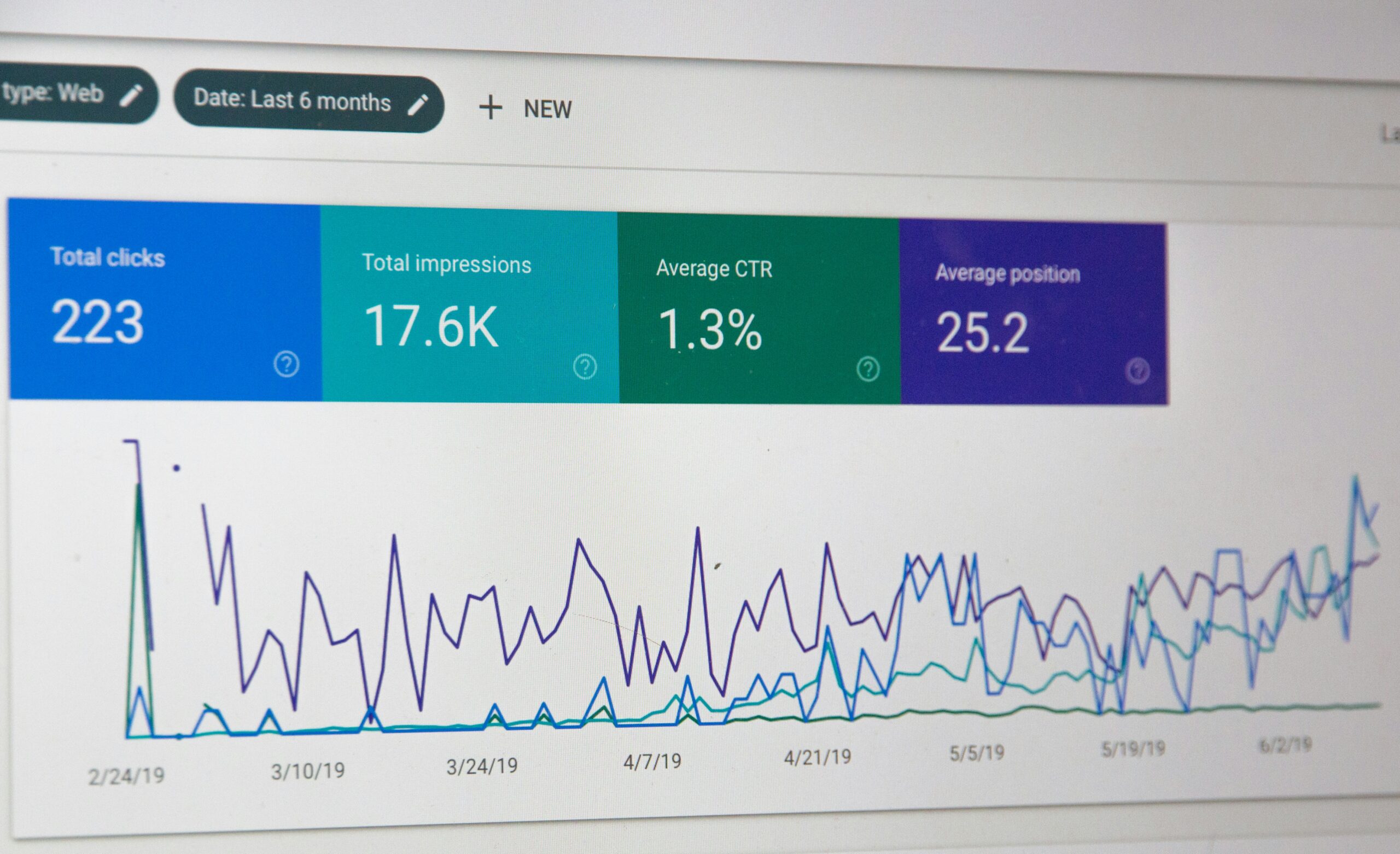In today’s digital-first healthcare landscape, having a top-tier website isn’t enough—your target audience needs to find it first. For sports medicine clinics, orthopedic centers, and physiotherapy practices, Sports Medicine SEO is the key to increasing online visibility and driving more patient inquiries. Search engine optimization (SEO) isn’t just a marketing tactic; it’s a lifeline for clinics looking to grow their patient base and establish authority in a competitive niche.
This guide outlines winning SEO strategies tailored specifically for sports medicine professionals. If you’re ready to reach more patients, improve your online reputation, and dominate your local search results, it’s time to put these techniques into play.
Why Sports Medicine Clinics Need SEO
With more patients turning to Google to find specialized care, SEO has become a non-negotiable part of patient acquisition. Whether they’re looking for “sports injury treatment near me” or “ACL recovery specialists in Boston,” potential patients are searching—and the clinics that rank highest capture that traffic.
Traditional referrals are still valuable, but they’re no longer enough. A robust Sports Medicine SEO strategy ensures your practice is present where it matters most: on the first page of search results. It not only drives qualified traffic but also builds trust, as patients perceive top-ranking clinics as more reputable.
Core Components of a Sports Medicine SEO Strategy
1. Optimize for Local Search
The majority of patients searching for sports medicine services are looking for providers close to home. That’s why local SEO is foundational.
To dominate local search results:
- Claim and fully optimize your Google Business Profile. Include your clinic name, address, phone number (NAP), hours of operation, and service categories.
- Incorporate local keywords into your website content. Instead of just “sports medicine clinic,” use “sports medicine clinic in Stamford, CT” or “orthopedic specialist near downtown Boston.”
- Encourage patient reviews on Google and other healthcare review platforms. High-quality, authentic reviews boost your local credibility and search rankings.
2. Target High-Intent, Niche Keywords
Generic keywords like “sports medicine” are highly competitive. To capture more qualified traffic, focus on long-tail keywords that reflect specific conditions, treatments, and patient needs.
Examples include:
- “ACL reconstruction rehabilitation in Connecticut”
- “Rotator cuff injury treatment for athletes”
- “Best sports medicine doctor for runners”
Integrate these phrases naturally into your service pages, blog posts, meta descriptions, and headers. This narrows your competition and attracts patients with specific problems you’re equipped to solve.
3. Build Optimized Service Pages
Each of your services—whether it’s physical therapy, concussion management, or post-surgical rehabilitation—deserves its own dedicated, SEO-friendly page. These pages should follow a clear structure:
- A compelling headline with a targeted keyword
- A patient-friendly explanation of the condition or treatment
- Benefits of receiving care at your clinic
- FAQs addressing common concerns
- A strong call to action prompting patients to schedule a consultation
This structure not only improves search rankings but also increases conversions by guiding visitors to take action.
4. Invest in Quality Content Marketing
Blogging isn’t just for tech companies—it’s a powerful tool for medical practices. Consistent, informative blog content positions your clinic as a trusted authority while increasing your chances of ranking for a wider range of search terms.
Great blog topics for sports medicine SEO include:
- “5 Common Sports Injuries and How to Prevent Them”
- “What to Expect During Your First Physical Therapy Session”
- “How Long Does It Take to Recover from an ACL Tear?”
Use a conversational tone and address real questions your patients ask. Google rewards content that provides genuine value.
5. Optimize for Mobile and Speed
A large portion of patients searching for a sports medicine specialist will do so from their smartphones—especially when they’re in pain and need immediate answers. Your site must be mobile-friendly, load quickly, and be easy to navigate on small screens.
To ensure your site performs well:
- Use responsive design
- Compress images and videos for faster loading
- Avoid intrusive pop-ups that frustrate mobile users
- Make call-to-action buttons large and easy to tap
A slow or clunky mobile site can drive patients straight to your competitors.
6. Use Structured Data and Schema Markup
Search engines rely on structured data to understand your website’s content more accurately. For medical clinics, implementing medical and local schema markup can significantly improve visibility in search results.
Use structured data to mark up:
- Business information (location, hours, contact details)
- Medical services
- Physicians’ credentials and bios
- Patient reviews and ratings
This extra layer of context boosts your chances of being featured in rich results—such as star ratings, review snippets, and even voice search responses.
7. Build Authoritative Backlinks
Backlinks—links to your site from reputable sources—act as endorsements in the eyes of search engines. For sports medicine SEO, backlinks from relevant medical directories, partner clinics, university programs, or local news outlets can dramatically improve your domain authority.
Strategies for earning backlinks include:
- Guest posting on health-related blogs
- Collaborating with local sports teams or fitness influencers
- Publishing press releases about community events or new treatments
- Submitting your practice to healthcare directories
Focus on quality over quantity. A few links from respected sources are far more valuable than dozens of low-authority ones.
8. Track, Analyze, and Improve
A winning SEO strategy is never static. Use analytics tools to track what’s working, what isn’t, and where your website can improve. Monitor key metrics like:
- Organic traffic
- Keyword rankings
- Bounce rate
- Conversion rates (form fills, phone calls, appointment bookings)
- Page load speed and mobile performance
Adjust your strategy based on real data. This ensures your SEO efforts continue to generate ROI over time.
Common SEO Mistakes Sports Clinics Make
Avoid these frequent pitfalls:
- Using duplicate or thin content, which harms rankings and patient trust
- Neglecting local keywords, making your practice invisible to nearby searchers
- Skipping technical SEO, like broken links or slow-loading pages
- Not optimizing for voice search, which is especially important for mobile queries like “Who treats knee injuries near me?”
Recognizing and correcting these mistakes early will keep your site competitive.
Why Work with a Healthcare SEO Partner?
SEO for sports medicine isn’t like other industries. It requires sensitivity to HIPAA compliance, Google’s E-A-T guidelines (Expertise, Authoritativeness, Trustworthiness), and the unique behaviors of healthcare consumers.
At Skyfield Digital, we specialize in medical and healthcare SEO. Our strategies are designed to improve your clinic’s visibility, enhance patient trust, and fill your calendar with the right kind of traffic. Whether you’re a solo practitioner or managing a multi-location orthopedic group, we tailor our SEO plans to meet your growth goals.
Final Thoughts
Sports Medicine SEO is about more than just keywords—it’s about connecting with patients at the exact moment they need you. By implementing the strategies outlined above, your clinic can rise through the search rankings, attract more qualified leads, and ultimately help more people heal and thrive.
Your expertise deserves to be found. Make sure your SEO strategy reflects the quality of care you provide.





